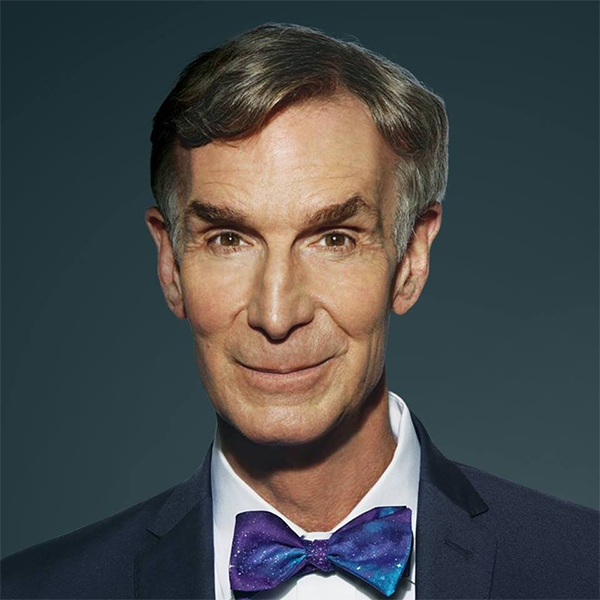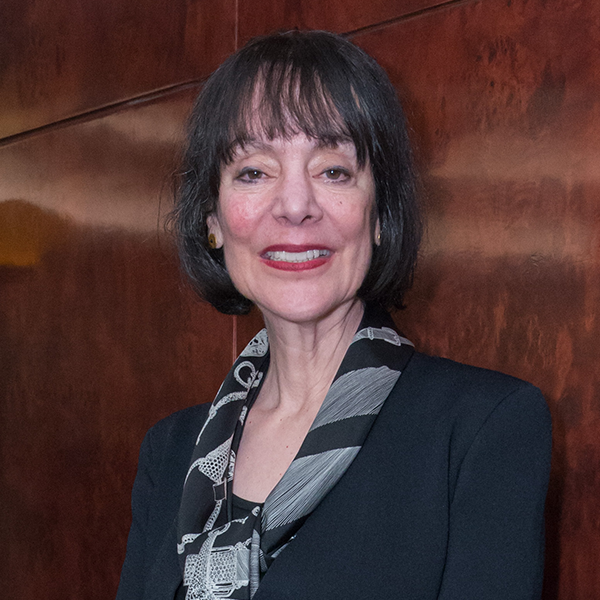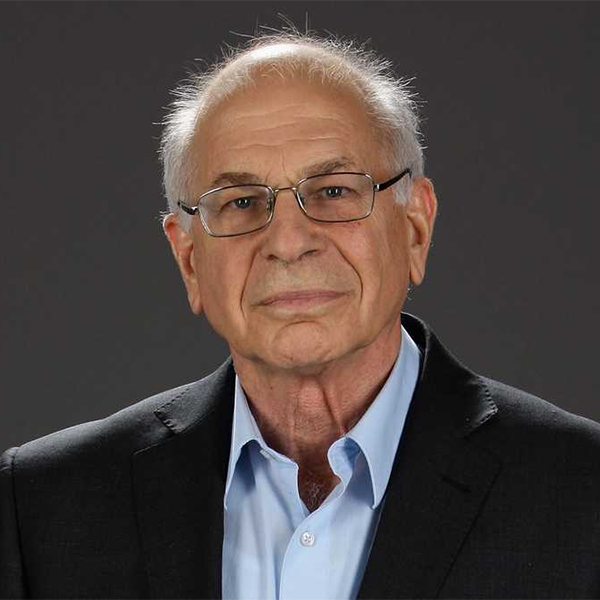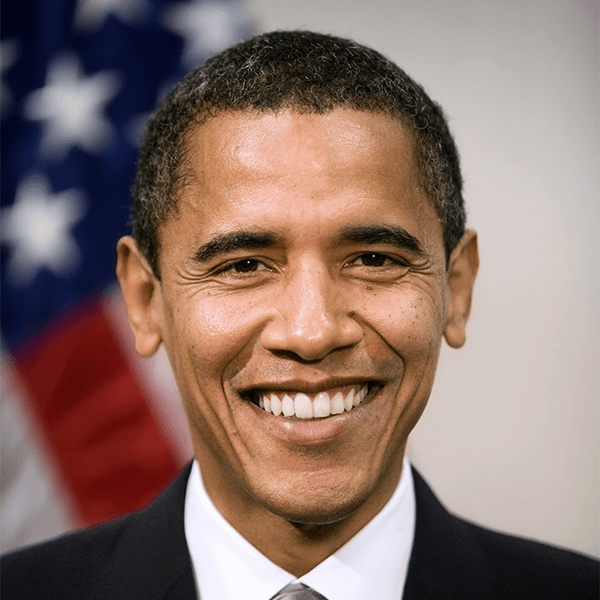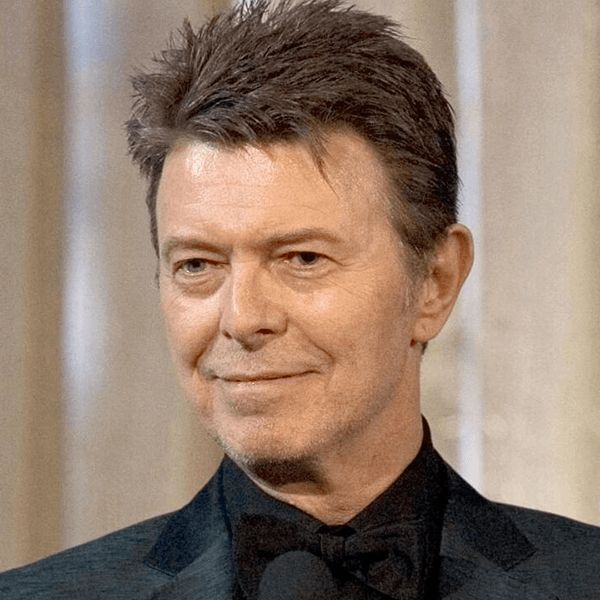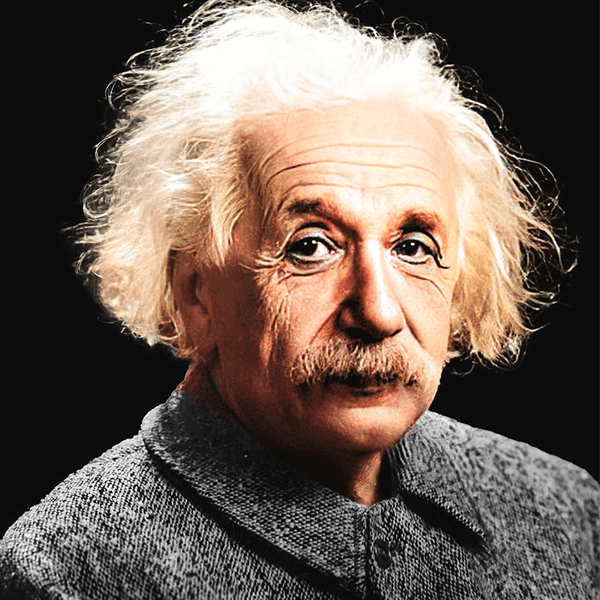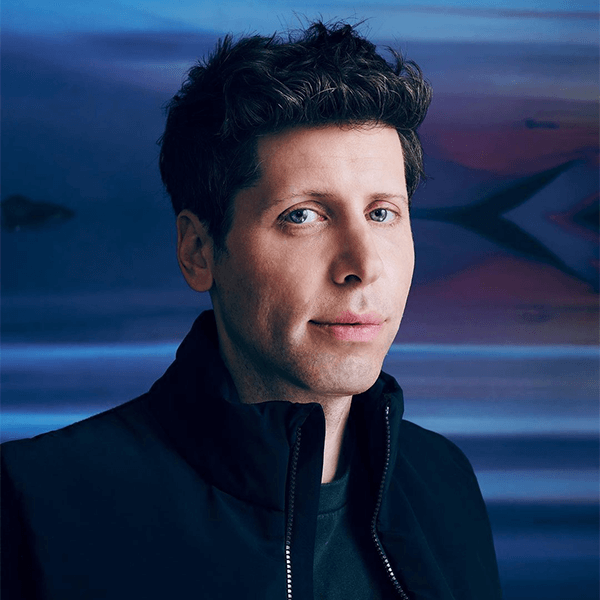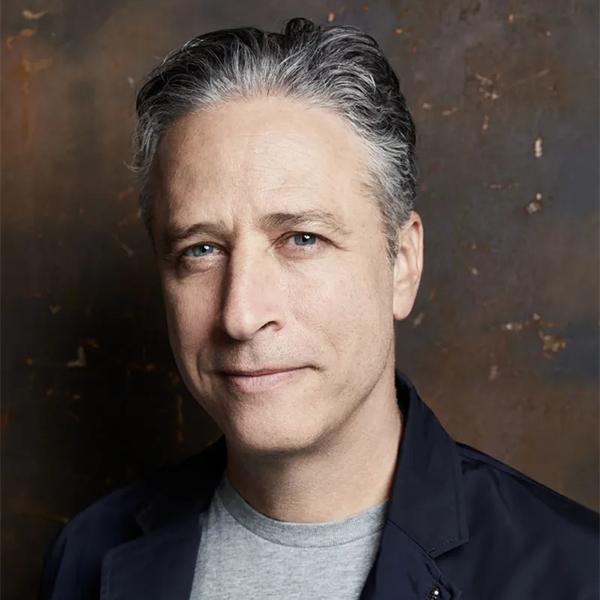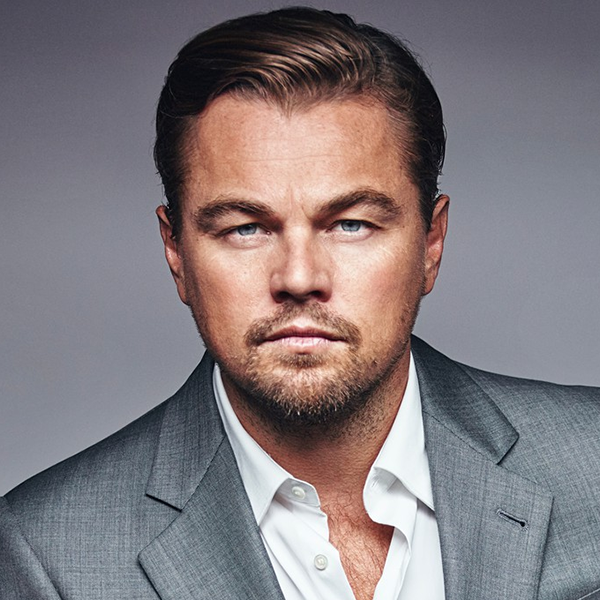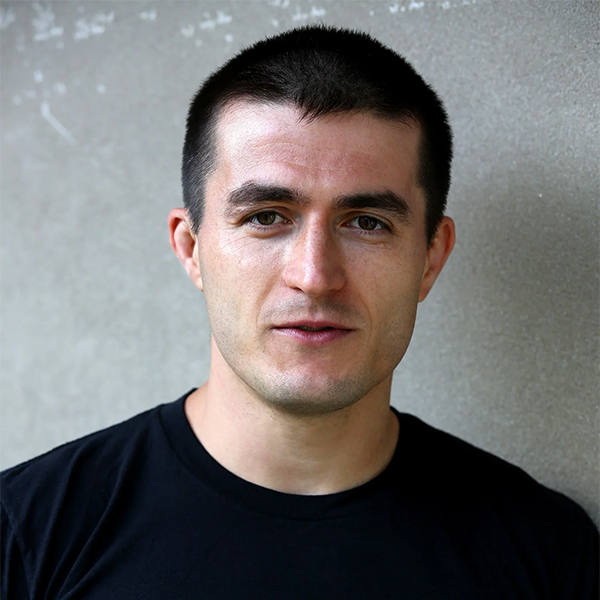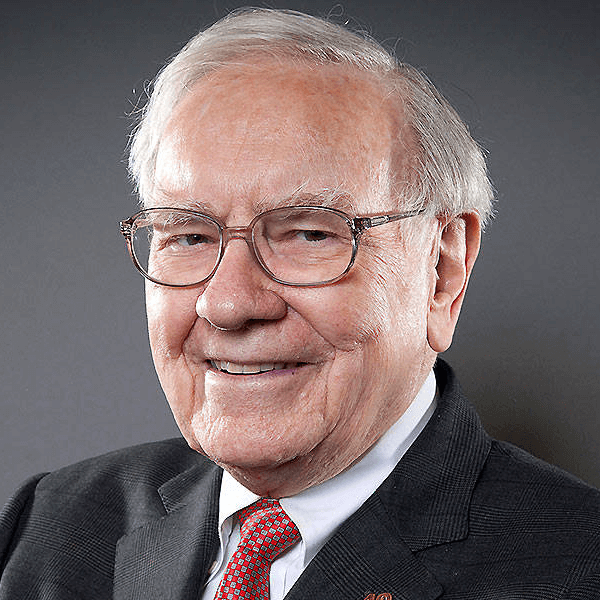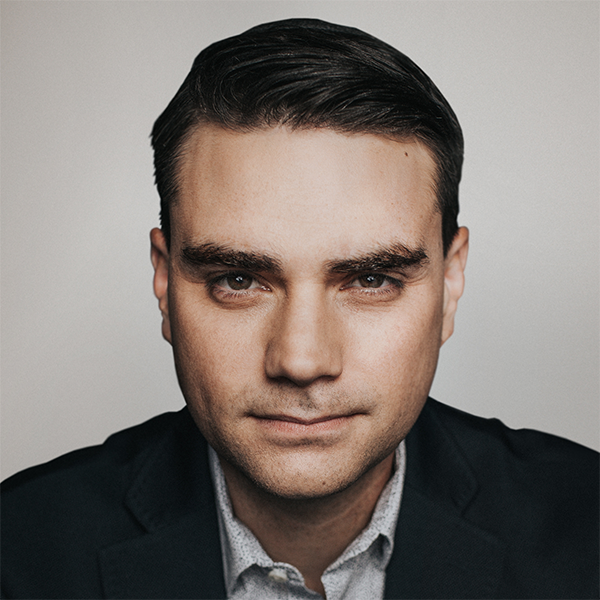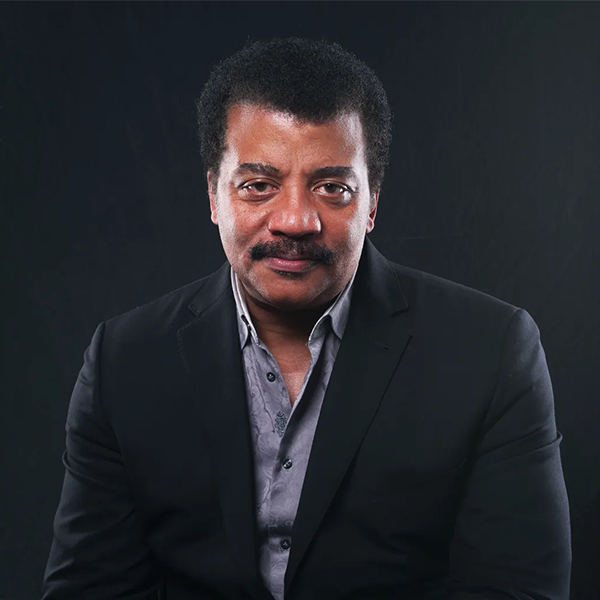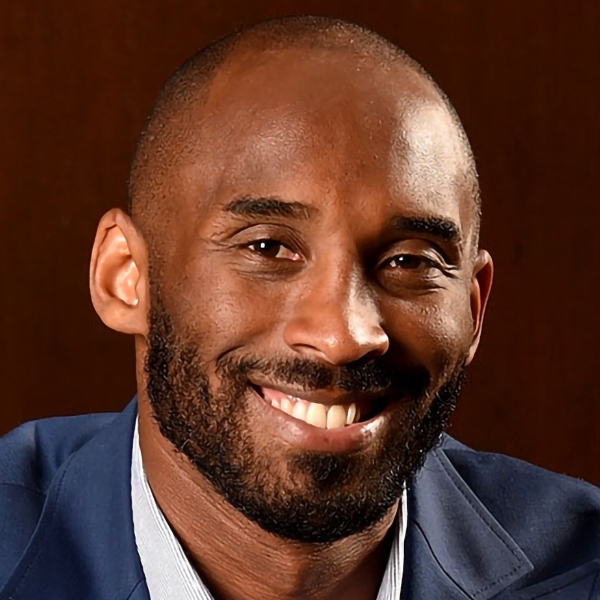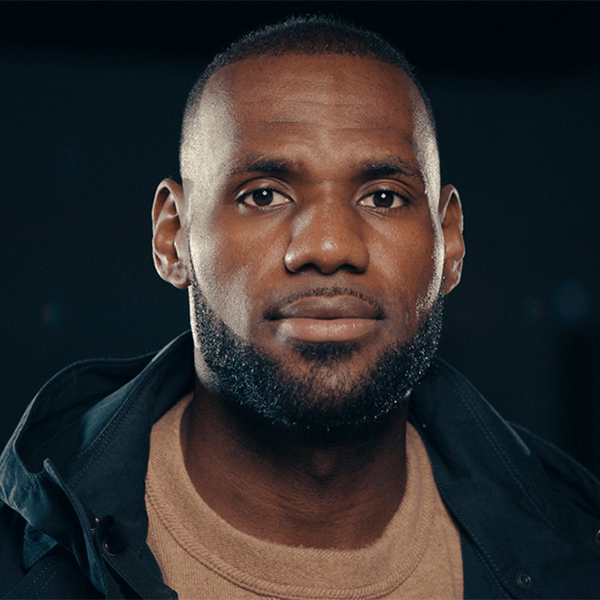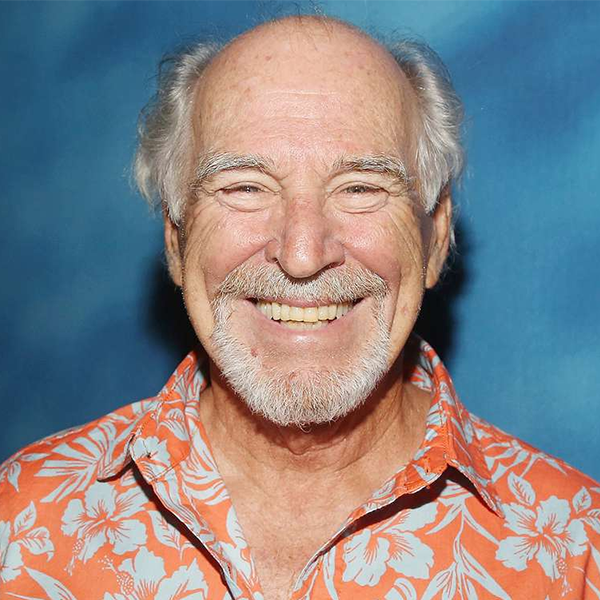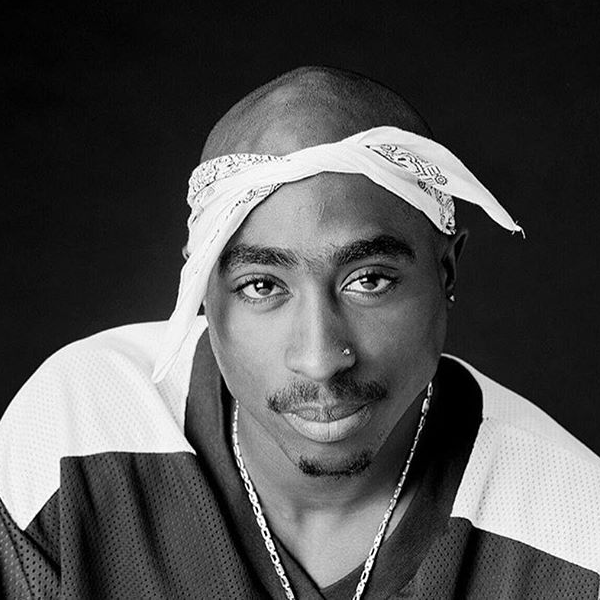Jordan Peterson is a Canadian clinical psychologist, cultural critic, and professor of psychology, widely known for his influence on modern discussions of psychology, philosophy, and society. He gained prominence through his now-famous YouTube channel, which features his university lectures, interviews, and a variety of personal and professional advice sessions. Peterson's bestselling book, "12 Rules for Life: An Antidote to Chaos," synthesizes his personal, clinical, and scholarly insights into practical advice, drawing on a range of influences from ancient texts to modern literature.
❝The purpose of life is finding the largest burden that you can bear and bearing it.❞ — Jordan Peterson
Peterson is an avid reader and often emphasizes the importance of literature and writing in understanding human psychology and societal structures. His lectures and writings are steeped in references to classic literature, religious texts, and philosophical works, demonstrating his deep engagement with various sources of wisdom throughout his career. This breadth of reading underpins his controversial but often insightful commentary on life, responsibility, and personal development.

